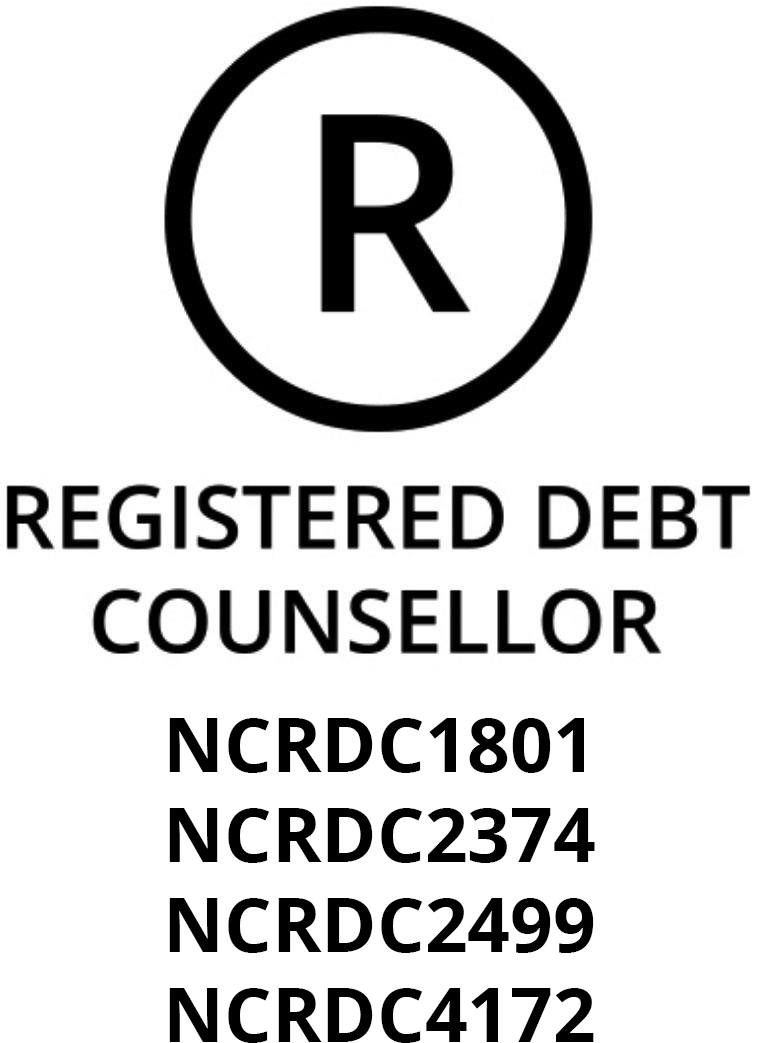
If you're battling to meet payments and losing sleep over it, you need assistance.
Although the Finance Minister didn't increase income taxes in his Budget Speech, this will be cold comfort to the nearly half of credit-active consumers, who, according to the National Credit Regulator (NCR), have impaired credit records.
Benay Sager, chief operating officer of DebtBusters, the country's largest debt counsellor, says consumers often do not realise how much financial difficulty they're in, but are concerned about the perceived stigma of asking for professional help to deal with debt.
Sager adds that South Africa has a world-class, regulated debt counselling sector, and it is working well.
The number of debt clearance certificates issued to DebtBusters' clients grew by 69 percent a year between 2015 and last year - almost a tenfold increase in a four-year span. Last year, it granted nearly 5 000 certificates.
Debt counselling was introduced as part of the National Credit Act (NCA) in 2007. The provision helps over-indebted, or soon-to-be over-indebted, consumers repay their outstanding debt through an affordable repayment plan. Debt counsellors are registered by the NCR, and registration information can be found on its website.
Over-indebtedness
"Our team receives thousands of inquiries a month. Many consumers do not understand what over-indebtedness technically means or how to seek help," says Sager.
"A good rule of thumb is that if you're struggling to pay all your debts on time or are losing sleep over your debt, you should get help."
On contacting a debt counsellor, consumers should be given a free debt assessment to determine their level of debt and whether debt counselling is a potential solution.
"...it's important to be honest. As the debt counsellor talks you through the process, provide as much information as possible so he or she can make an accurate assessment of your financial situation."
If the assessment determines some one is over-indebted, they can decide to apply formally for debt counselling. Once this is done, the debt counsellor does most of the heavy lifting by informing all creditors and credit bureaus that the person has applied and is in the debt counselling process.
As part of the process, the debt counsellor renegotiates reduced monthly payments on all credit agreements that fall under the NCA. This "restructuring of debt" is done within industry parameters and strikes the balance between the consumer's ability to pay and their overall debt levels. It is not something that most consumers can do on their own.
Rearranged debt
Once more affordable repayment rates have been negotiated with all creditors, the consumer's "rearranged debt" is then approved at a court or the National Consumer Tribunal to ensure the renegotiated rates kick in for the duration of debt counselling.
Consumers make one affordable payment each month, which is distributed to the creditors included in the debt counselling for the duration of the plan.
In debt counselling, all the relevant fees are built into this monthly, affordable repayment amount, therefore the consumer pays a single amount per month to an independent payment distribution agency, also regulated by the NCR.
"Debt counselling is a highly regulated and very efficient mechanism for consumers to pay back their debt."
The debt counsellor's client service people are available throughout the process to offer advice and support.
Debt counselling usually lasts for between three and five years, depending on the amount of debt, the arrangements the debt counsellor is able to negotiate with the creditors and what the consumer can afford to repay each month.
If the consumer's financial circumstances improve, they can increase the monthly payments or pay a lump sum to reduce the period or end the process. In fact, consumers are encouraged to pay more if they can.
Upon finishing the programme the debt counsellor will issue a clearance certificate confirming that all the accounts listed under the debt counselling agreement are paid up
Home loans are the exception and do not need to be fully paid but must be up to date. The debt counsellor will ensure that the credit bureaus receive the certificate.
Common questions
The most commonly asked questions about debt counselling are:
- Who can apply? Anyone who feels they are struggling with debt. If you are married in community of property, you must apply with your spouse.
- What does it cost? The NCR has fee guidelines. The debt-counselling fees form part of reduced monthly instalments.
- Can someone under debt counselling apply for credit? Consumers cannot apply for credit while under going debt counselling. Once they have completed the programme and received a clearance certificate, they can again apply. It is advisable to draw up a realistic budget and discuss this with the debt counsellor or a financial adviser before applying.
Originally published in the Saturday Weekend Argus.





